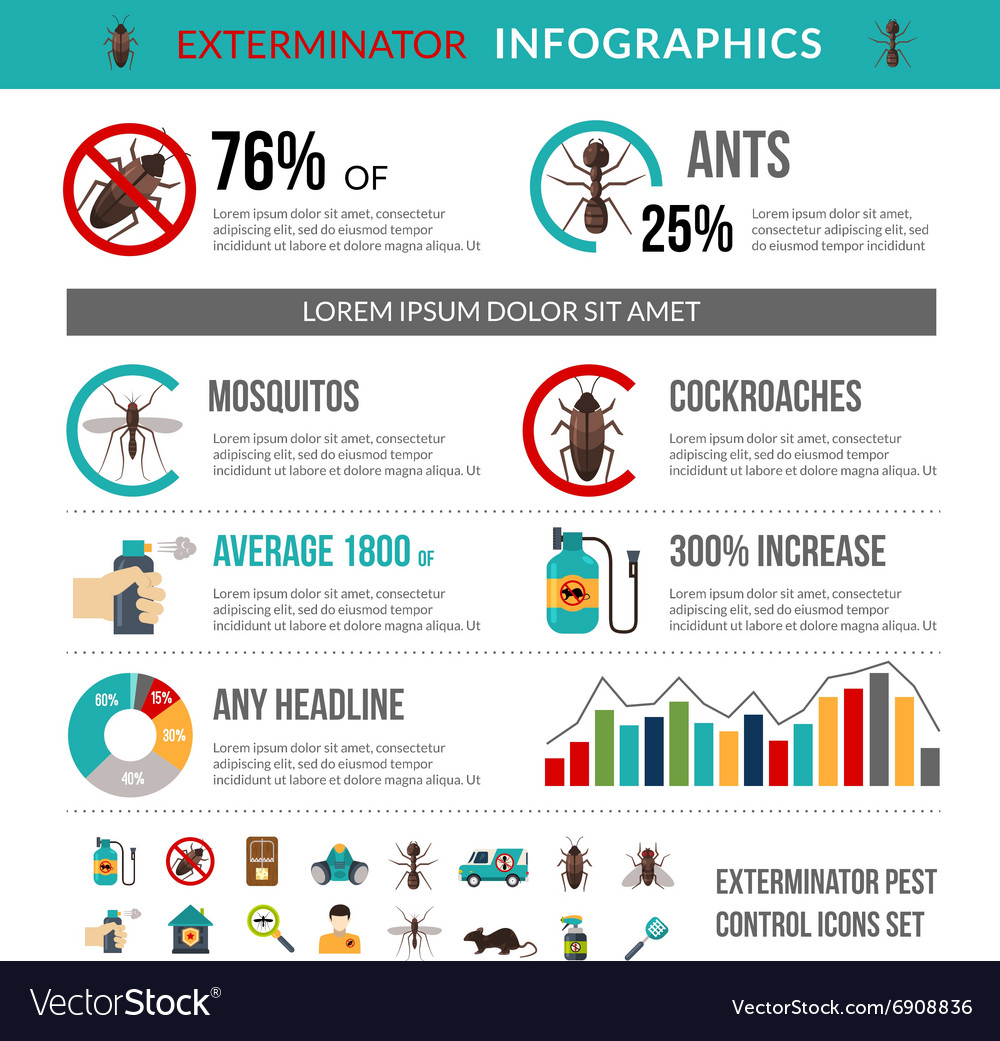The Function Of Insect Control In Food Security And Health
The Function Of Insect Control In Food Security And Health
Blog Article
Material Produce By-Clark Murphy
Are you familiar with the covert dangers that parasites posture to the safety and hygiene of your food? From rats to insects, these unwanted site visitors can infect your active ingredients, surfaces, and storage space areas.
This article explores the vital role of pest control in maintaining the highest possible standards of food security and hygiene. Discover reliable methods and prevention actions that will assist you protect your service, clients, and reputation.
Do not let bugs compromise the top quality of your food.
The Impact of Pests on Food Security and Health
In your kitchen, pests can have a considerable influence on food safety and security and health. These unwanted visitors, such as rats, pests, and roaches, can pollute your food, surfaces, and tools with hazardous bacteria, infections, and bloodsuckers. They can quickly access your kitchen, cabinets, and even your refrigerator, leaving droppings, urine, and hair.
Not only can they spoil your food by eating with product packaging, however they can also spread conditions like Salmonella, E.coli, and Listeria. Envision preparing a dish for your family members, not aware that the active ingredients you're making use of are currently polluted.
It's crucial to take immediate activity to prevent and control bugs in your kitchen area. Normal cleansing, appropriate food storage, and professional parasite control measures are important to ensure food safety and preserve a sanitary atmosphere in your cooking area.
Reliable Insect Control Methods for the Food Market
Applying effective bug control methods is essential for maintaining food safety and security and hygiene in the food market. By implementing these methods, you can protect against bugs from polluting the food and guarantee that your items are secure for consumption.
Learn Even more Here is to regularly examine and monitor your facility for indicators of parasite activity. This consists of monitoring for droppings, nests, or any kind of damages brought on by pests.
It's likewise important to seal all access indicate avoid insects from entering the facility. Normal cleaning and hygiene are crucial, as insects are drawn in to food deposit and spills.
Additionally, appropriate waste monitoring is essential to stop the build-up of food waste that can draw in pests.
Maintaining Hygiene Standards Via Pest Prevention Procedures
To maintain hygiene standards, you need to consistently carry out parasite prevention measures. By taking IPM to avoid bugs from entering your food establishment, you can ensure the safety and security and sanitation of your facilities. Below are some efficient bug prevention procedures to consider:
- Seal all fractures and gaps: Parasites can enter through even the smallest openings. Regularly check and secure any spaces in doors, home windows, walls, and floors to maintain parasites out.
- Proper waste administration: Take care of food waste immediately and safely in secured containers. This will minimize the attraction of insects and stop infestations.
- Routine cleaning and disinfecting: Maintaining sanitation in your establishment is vital. Consistently clean and disinfect all locations, paying special interest to locations where bugs might hide or breed.
- Apply a monitoring system: On a regular basis examine your premises for indications of parasite activity. Set up bug monitoring devices, such as catches or sensing units, to recognize and resolve any kind of possible issues early.
Conclusion
So keep in mind, when it concerns food security and health, insect control plays an important function.
By carrying out effective insect control methods and safety nets, we can make certain the greatest standards of tidiness and safety in the food industry.
Do not let pests compromise the top quality of our food; allow's stand together and safeguard our health and wellness.
